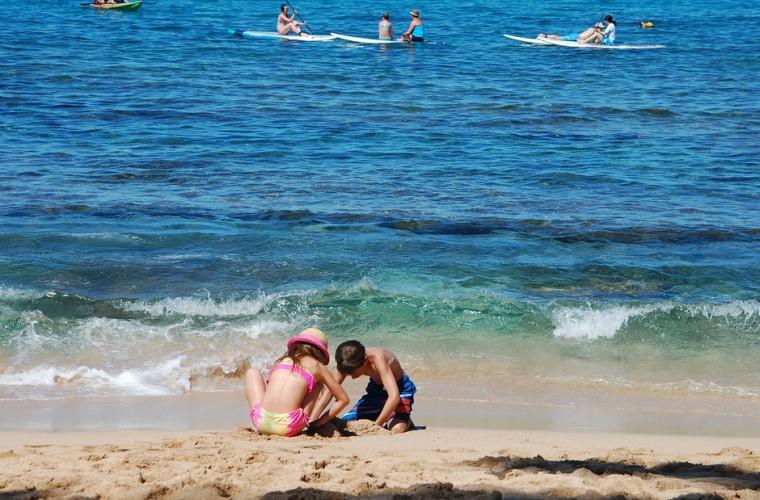The Local Government Association, which represents councils in England, said people should think carefully before travelling to beaches, parks and other public places and to get in the habit of checking they are safe to visit, following our reaching of step 4 of the Government’s roadmap.

People are being urged to check in on vulnerable and older family, friends and neighbours who are most at risk as the country is put on high alert for a heatwave and restrictions are eased, councils say today.
The Met Office has issued its first ever extreme heat warning today after already raising a Level 3 alert for parts of England until Thursday morning, spurring social and healthcare services into action to support high-risk groups, such as older people, young children and babies and those with underlying health conditions
The Local Government Association, which represents councils in England, said people should think carefully before travelling to beaches, parks and other public places and to get in the habit of checking they are safe to visit, following our reaching of step 4 of the Government’s roadmap.
The LGA said councils have adapted their heatwave plans in keeping with COVID-19 advice and that social workers, community wardens and maintenance staff will be on high alert, identifying and looking out for those who might be struggling.
They are also urging people to call their local council if they believe anyone needing help is being missed out. Older people and those suffering from heart and respiratory problems are most at risk.
Cllr David Fothergill, Chairman of the LGA’s Community Wellbeing Board, said:
“No one is immune to the power of the sun. Hot weather advice might seem common sense but effective action, taken early, can reduce the health impacts of exposure to excessive heat.
“Looking around at how our older neighbours are coping takes no effort, but could be crucial in making sure they are also able to make the best of the summer.
“People will understandably want to enjoy the sunshine. However, with rising COVID-19 case numbers there is inevitably a risk when large numbers of people head to the coast and tourist spots, which could lead to a rise in infection rates and local outbreaks despite the successful vaccination rollout.
“Lives depend on all of us taking personal responsibility for our actions to avoid a resurgence while safely enjoying the summer and easing of restrictions.”
Hot weather tips
- Look out for others, especially older people, young children and babies and those with underlying health conditions
- Close curtains on rooms that face the sun to keep indoor spaces cooler and remember it may be cooler outdoors than indoors
- Drink plenty of water and take water with you, if you are travelling
- Never leave anyone in a closed, parked vehicle, especially infants, young children or animals
- Try to keep out of the sun between 11am and 3pm
- Walk in the shade, apply sunscreen and wear a hat, if you have to go out in the heat
- Avoid physical exertion in the hottest parts of the day
- Wear light, loose fitting cotton clothes
Notes to editors
Following the 2003 heatwave in which more than 2,000 people in England died due to the extreme temperatures, the country has developed an annual heatwave plan with local authorities, health professionals and the emergency services working together to help keep people safe.
